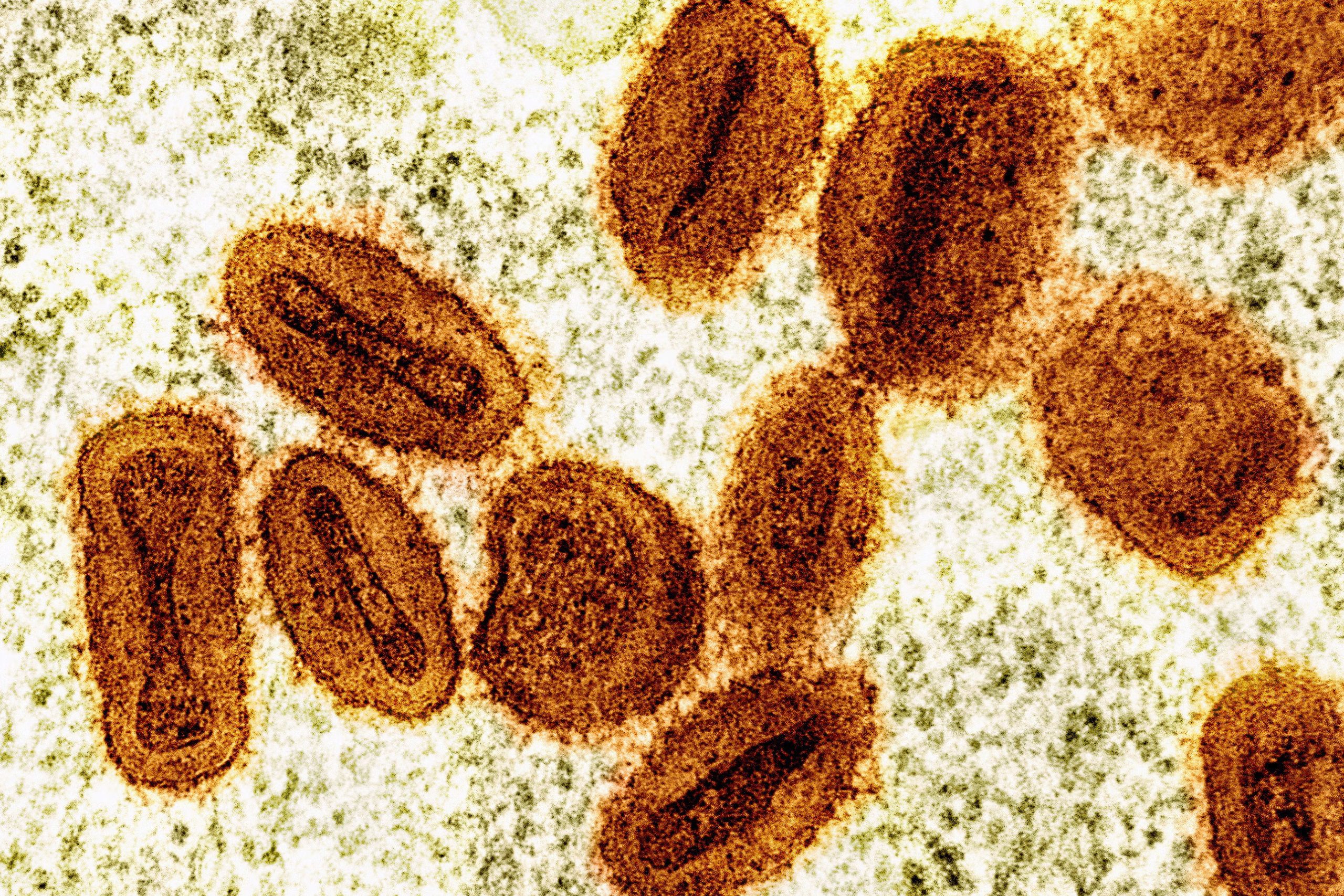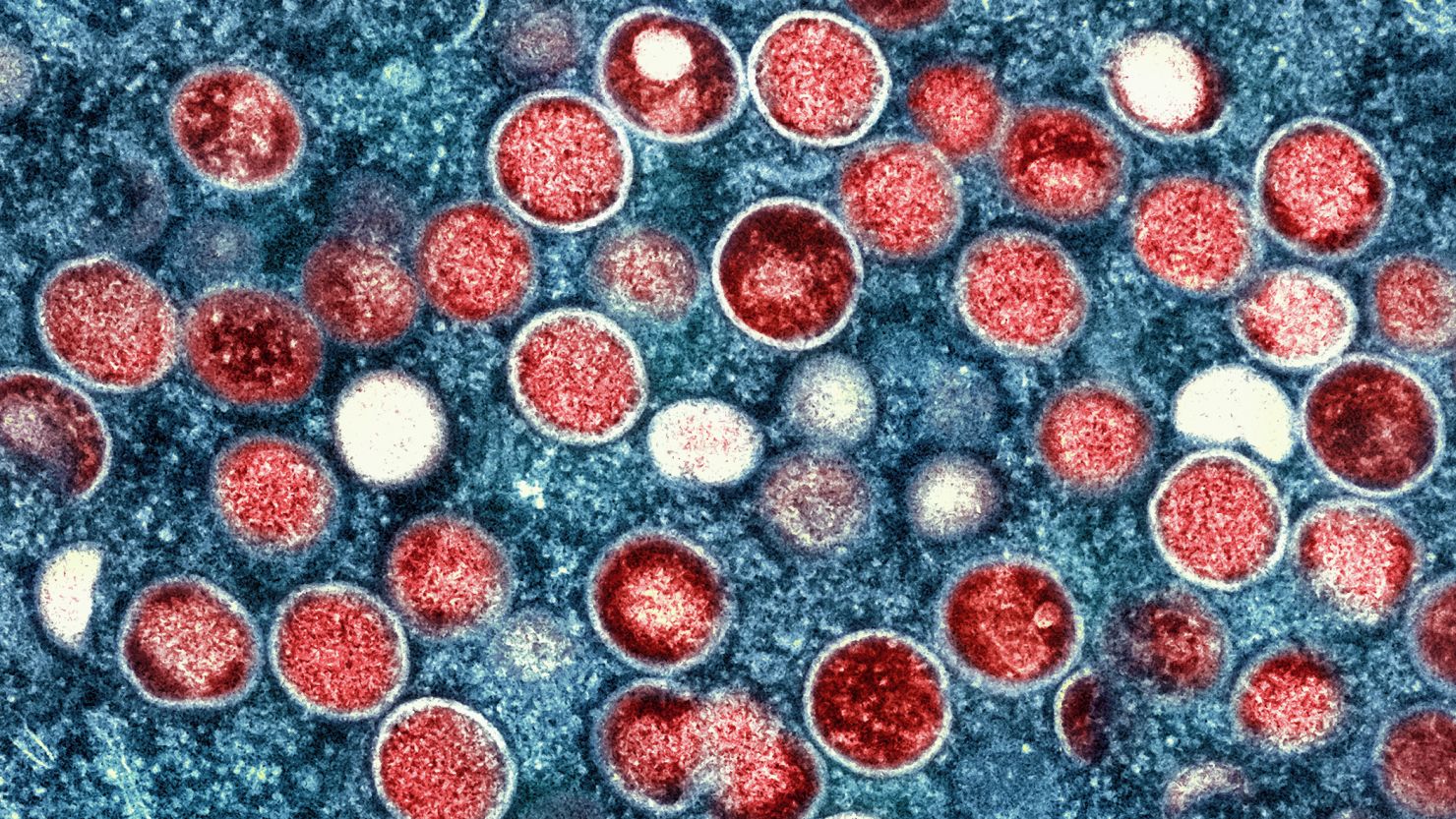A more severe strain of the monkeypox virus, known as clade 1, was confirmed in California, marking the first known case in the United States. The individual contracted the virus after traveling to Eastern Africa, an area currently experiencing an outbreak. Upon returning, the patient received treatment in San Mateo County and is now isolated at home with mild symptoms, according to the California Department of Public Health. Officials emphasized that the risk to the general public remains very low.
This strain of monkeypox, which emerged in Eastern Congo earlier this year, spreads through close skin-to-skin contact, including sexual contact. It has the potential to cause more severe illness and even death. The World Health Organization (WHO) has reported over 31,000 confirmed cases of this strain since September, with the majority occurring in Burundi, Uganda, and the Democratic Republic of the Congo. However, no deaths from this new strain have been reported so far.

Travel-related cases of clade 1 monkeypox have been detected in several countries, including Germany, India, Kenya, Sweden, Thailand, Zimbabwe, and the United Kingdom, highlighting its global spread. Despite its international reach, health officials stress that the disease remains relatively rare outside of central and west Africa. In the United States, another strain, clade II, has been present since an outbreak occurred two years ago, further emphasizing the virus’s complexity.
Monkeypox is part of the same viral family as chickenpox and smallpox and presents symptoms such as fever, chills, rashes, and lesions resembling those caused by smallpox. While the disease is generally uncommon outside its endemic regions, its recent global emergence has prompted health officials to recommend vigilance, especially among travelers and individuals with unexplained rashes or potential exposure.
Authorities urge people to seek testing if they exhibit symptoms, have traveled to affected regions, or have had close contact with confirmed or suspected cases of monkeypox. This precautionary measure aims to prevent further transmission and ensure timely treatment for those infected.
